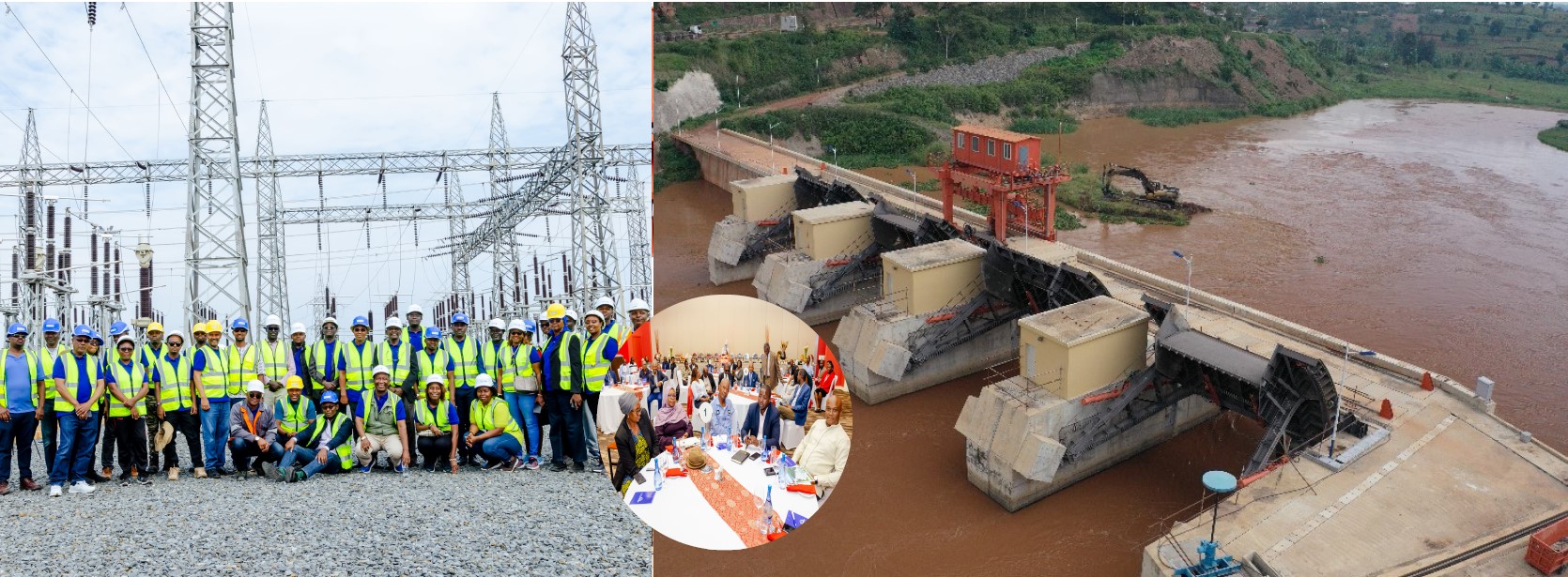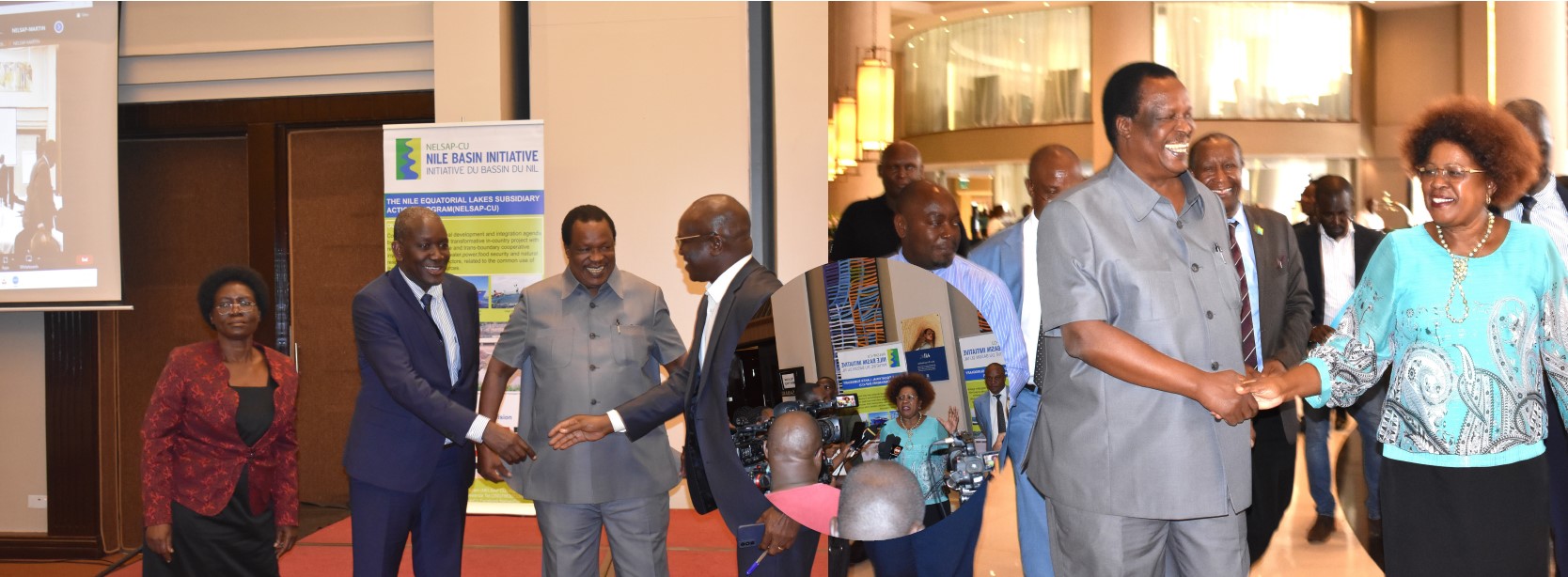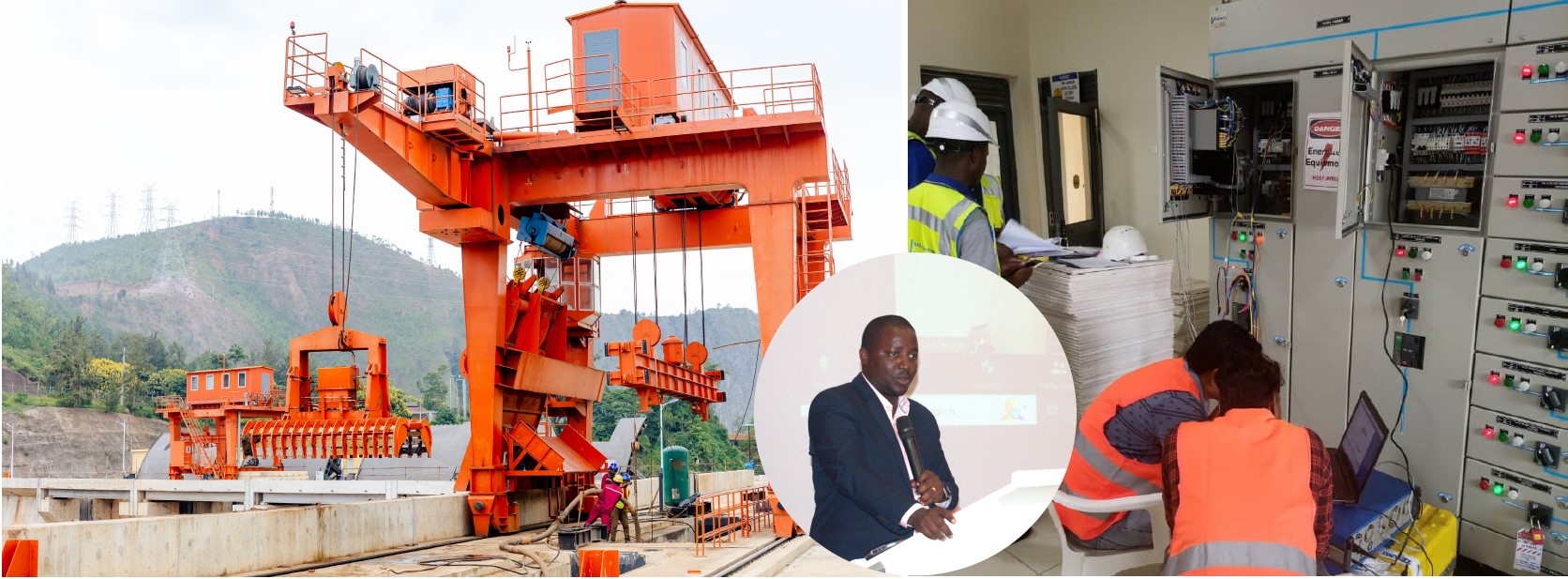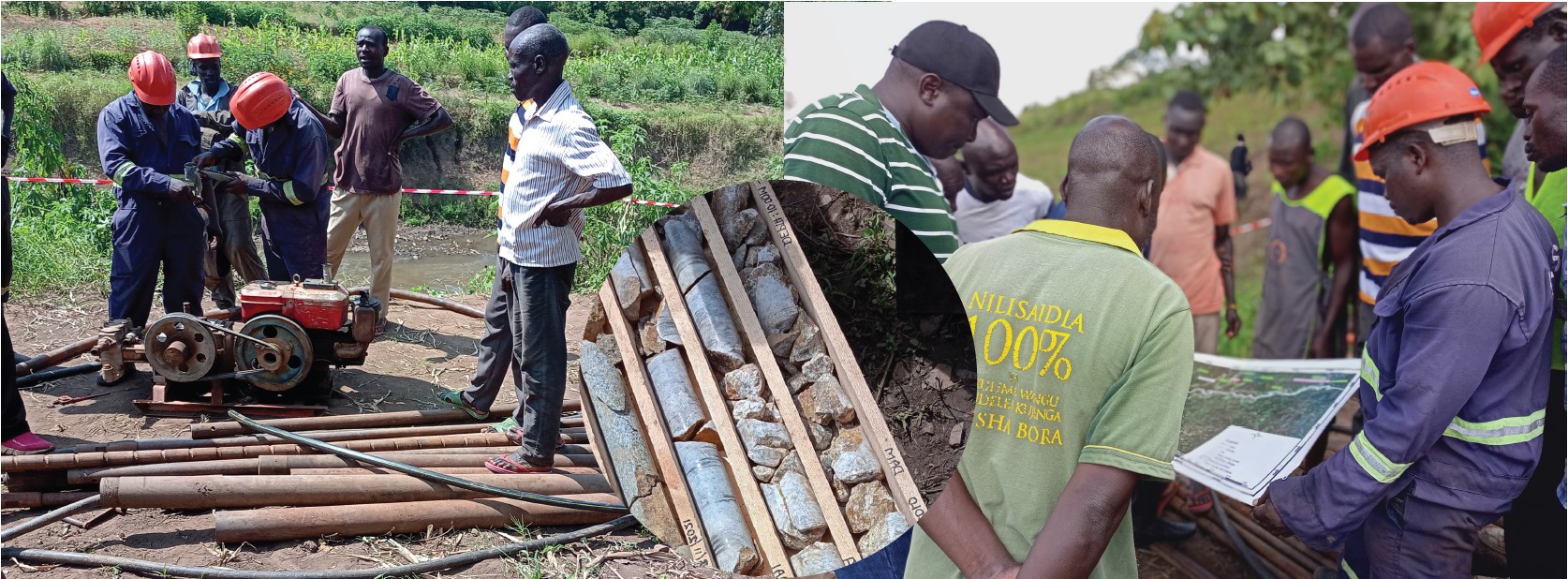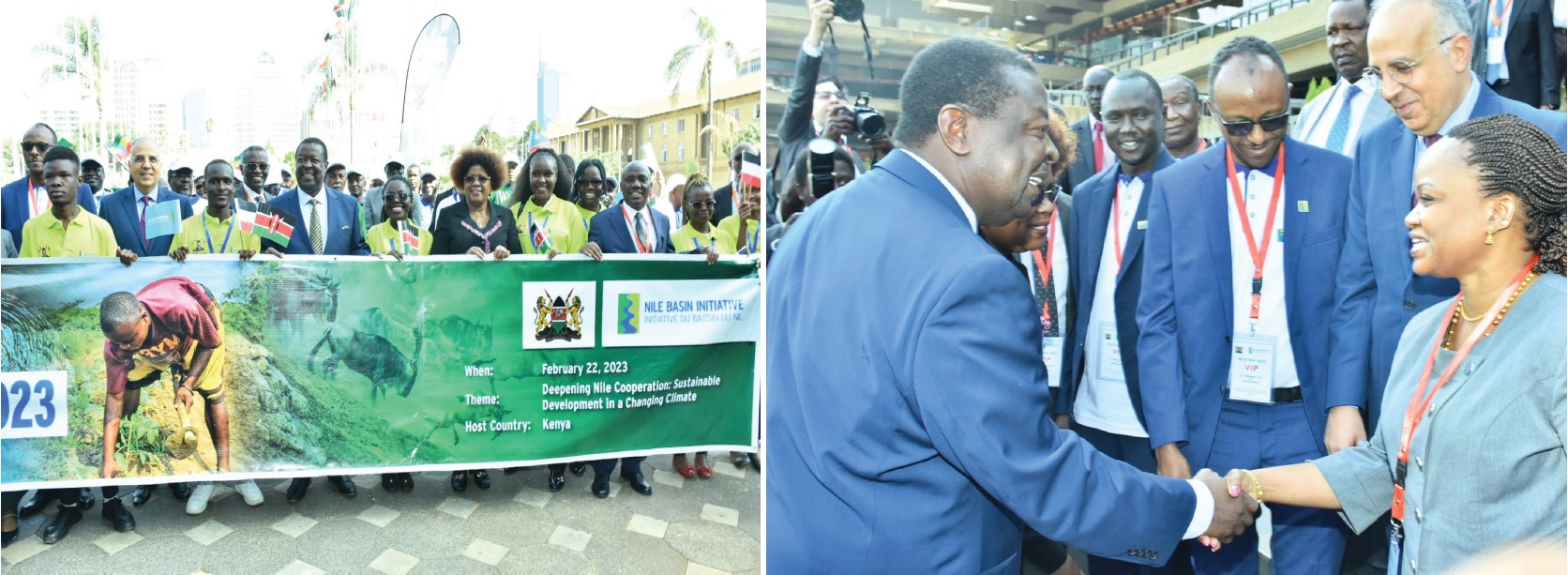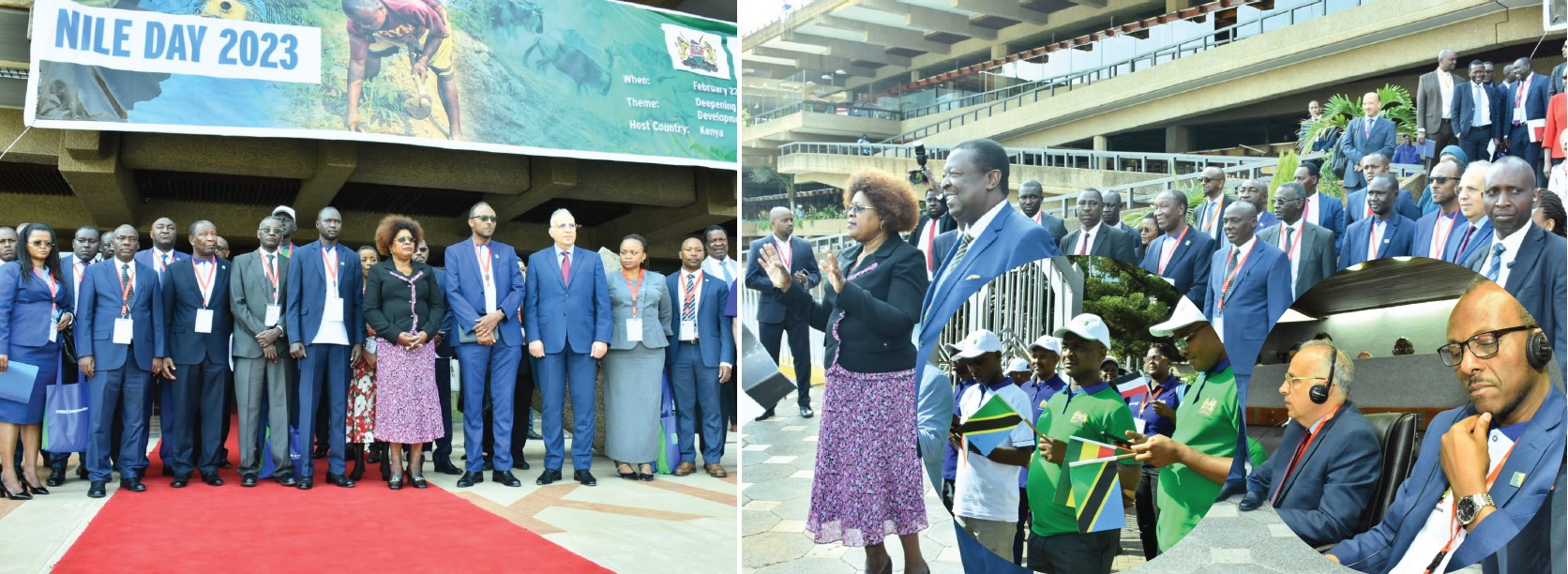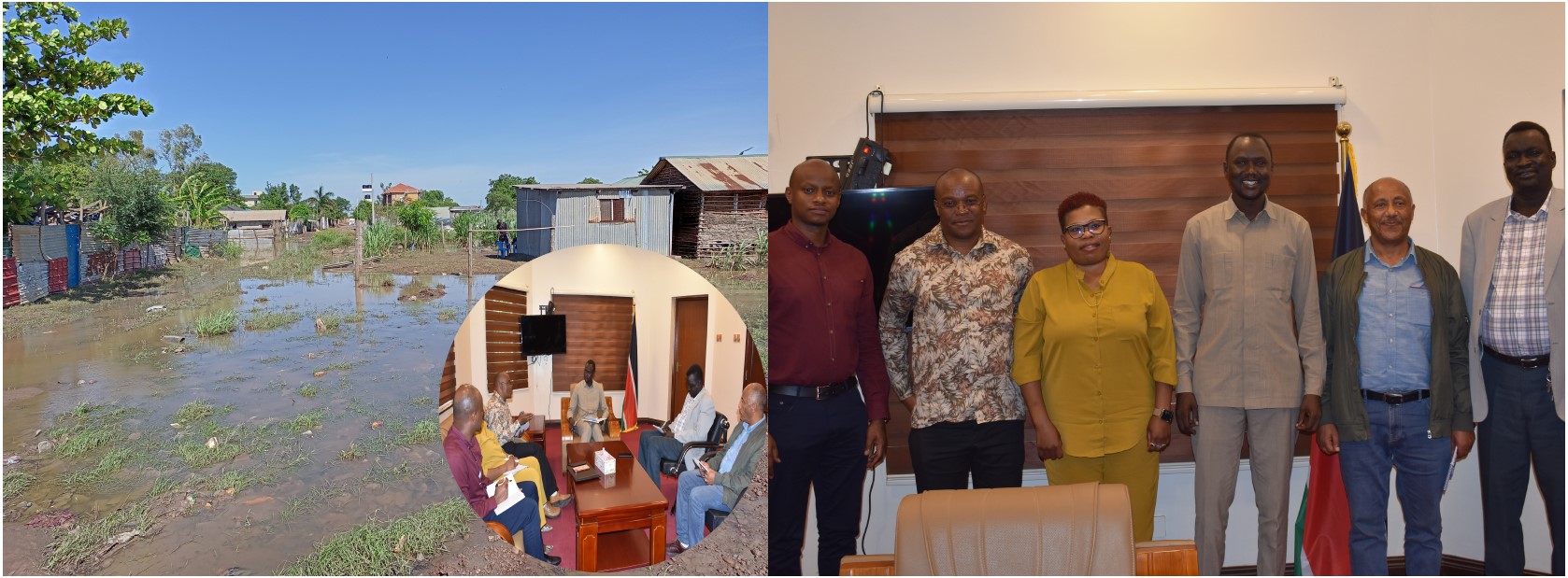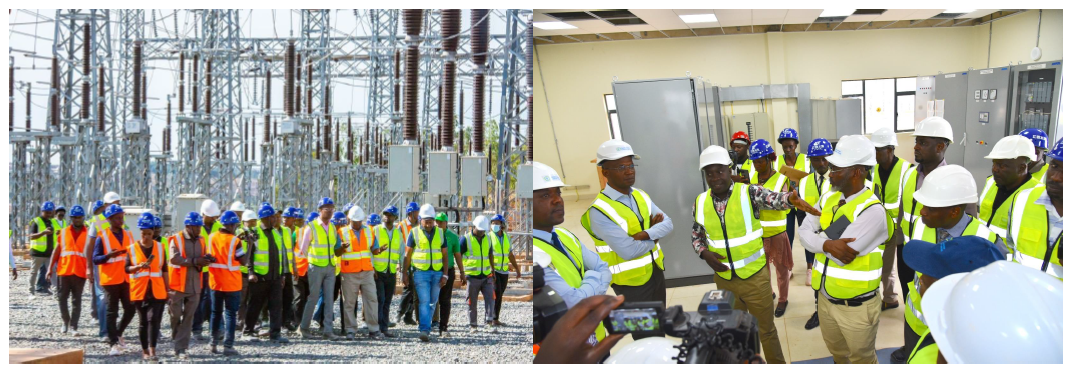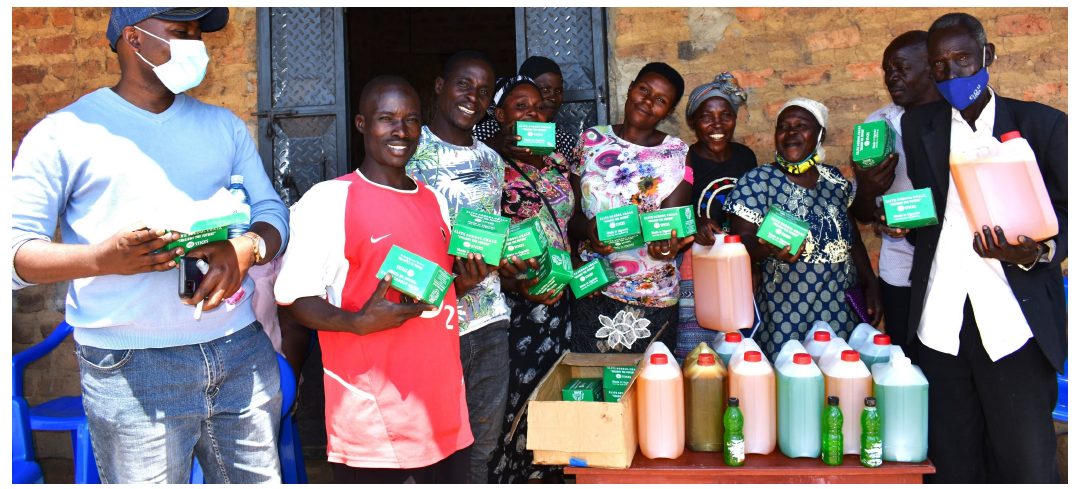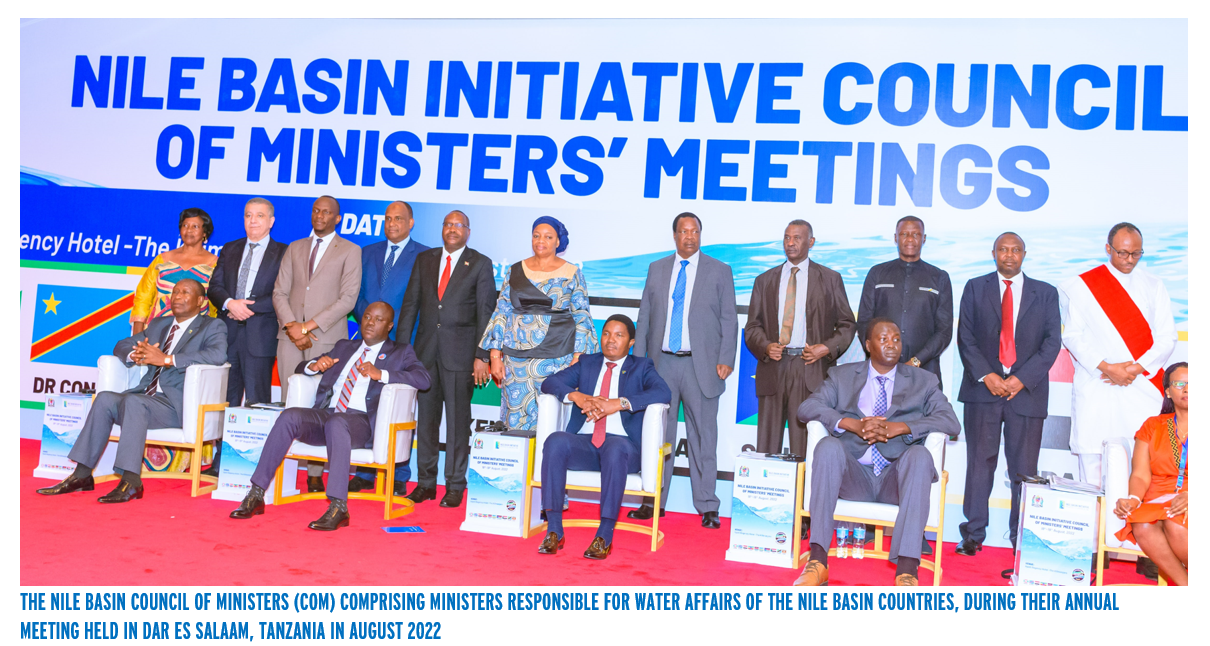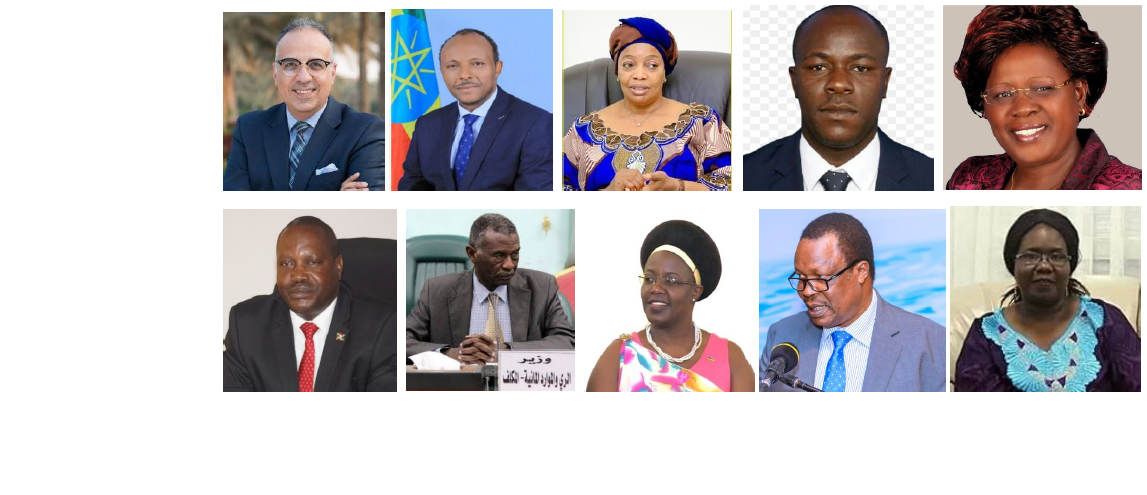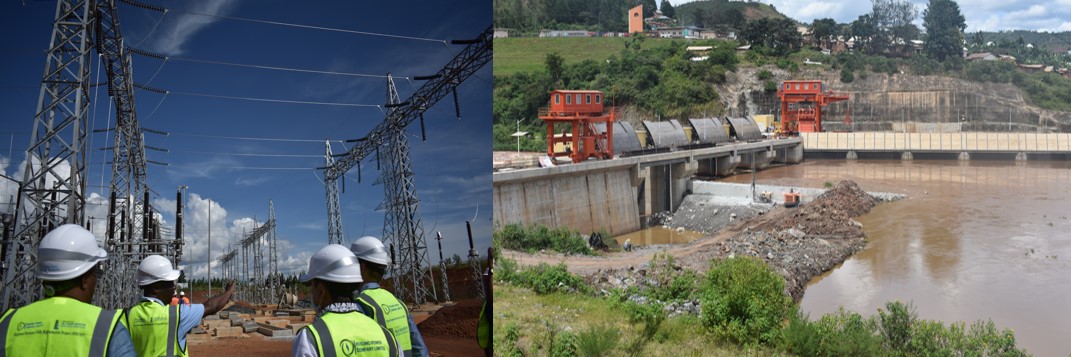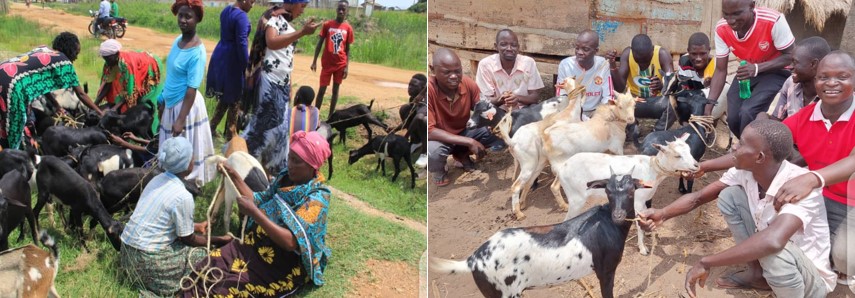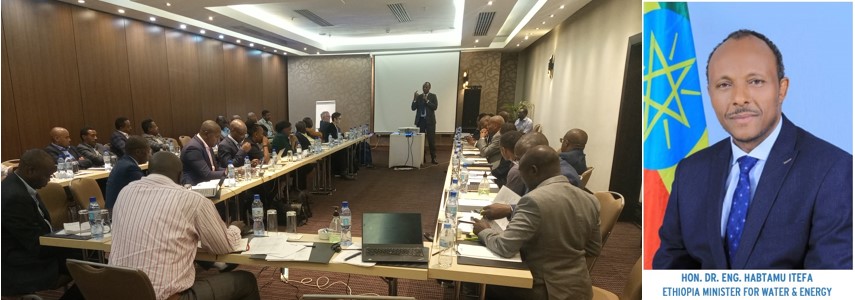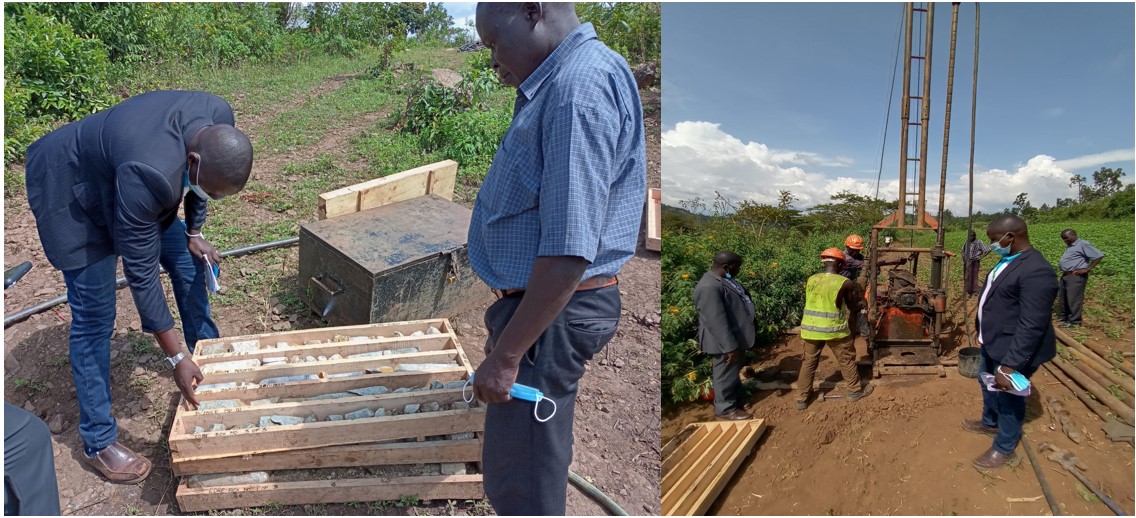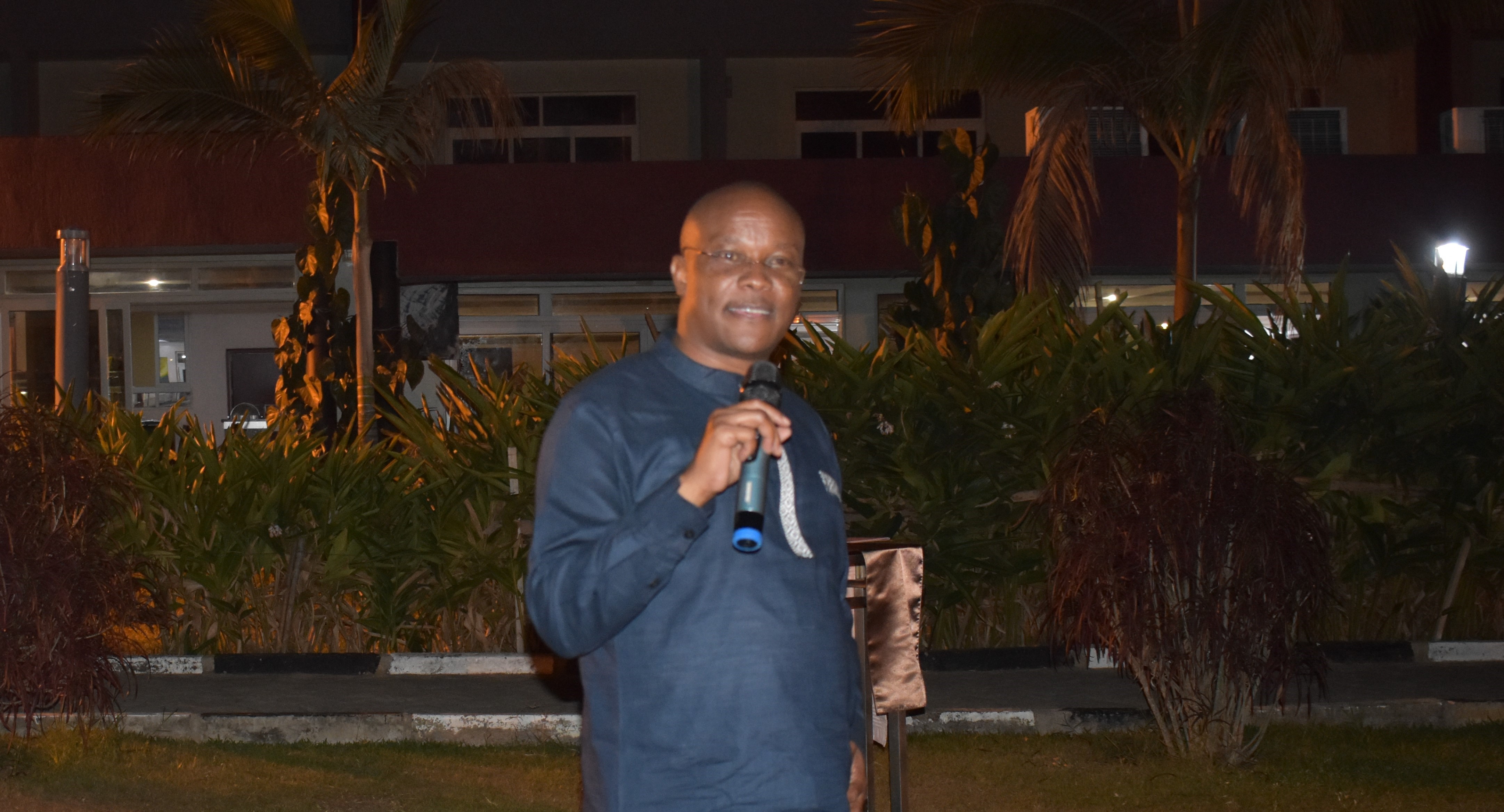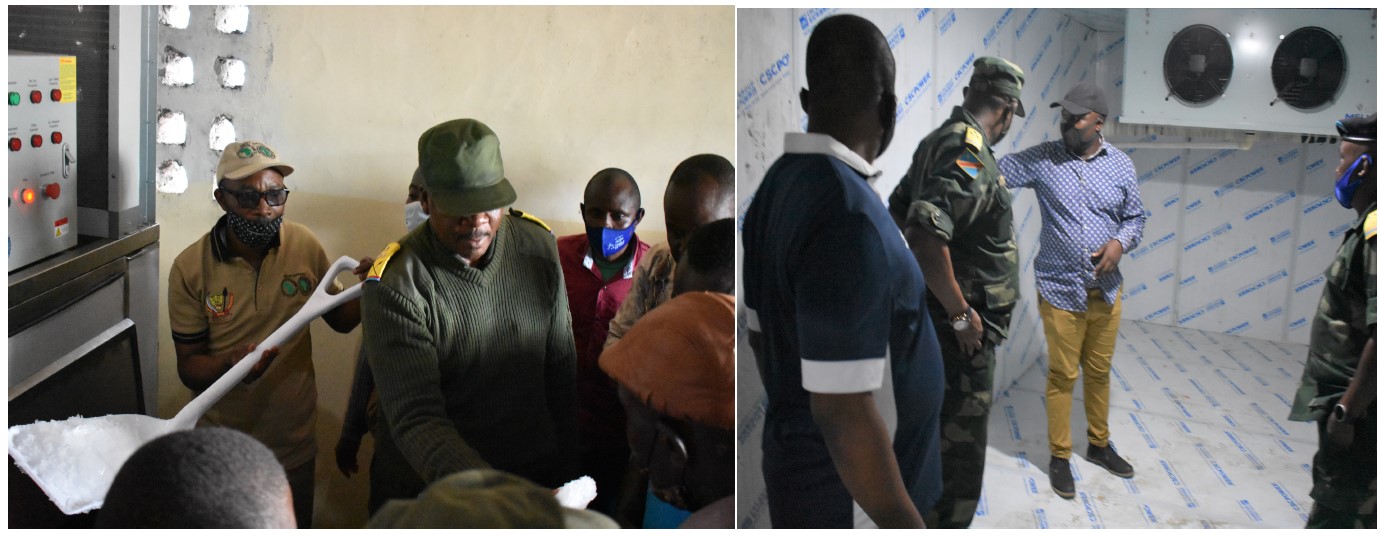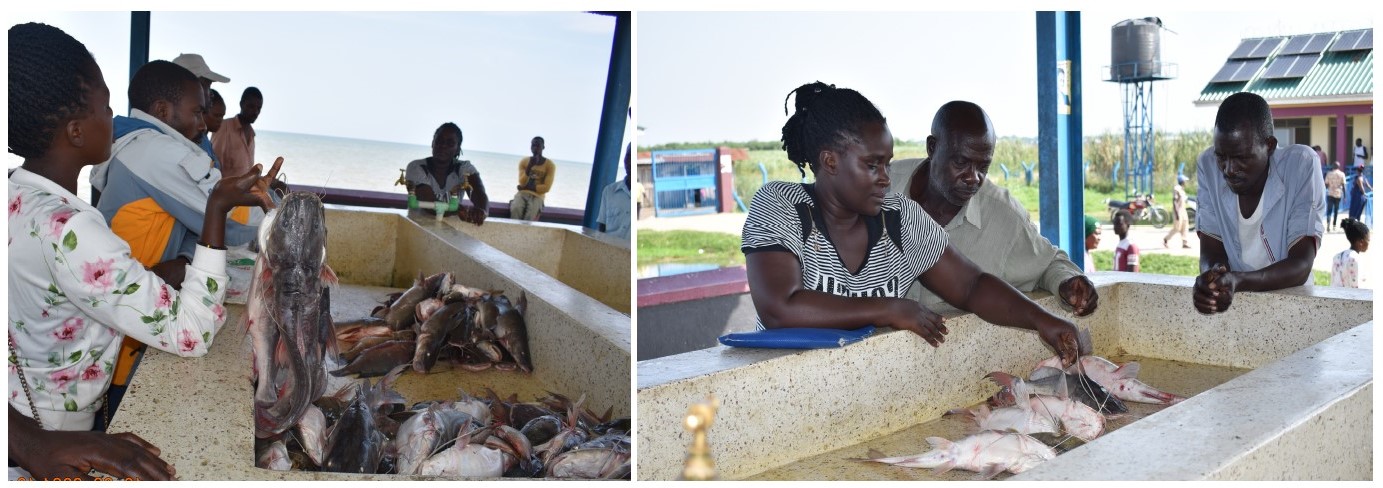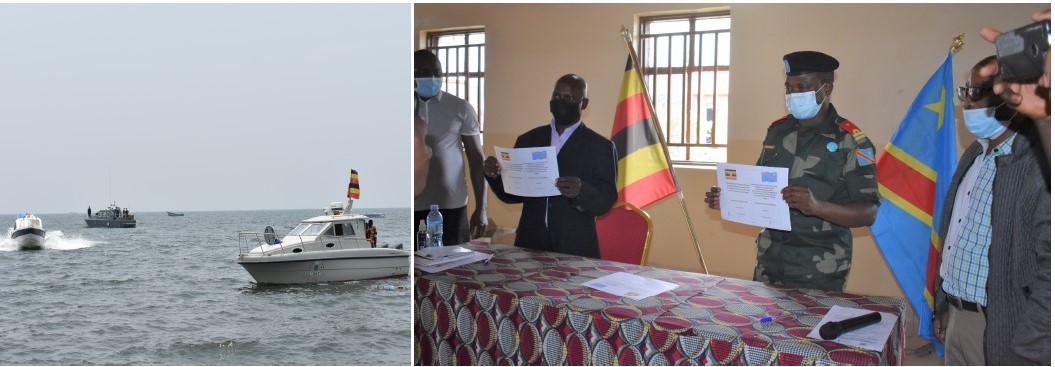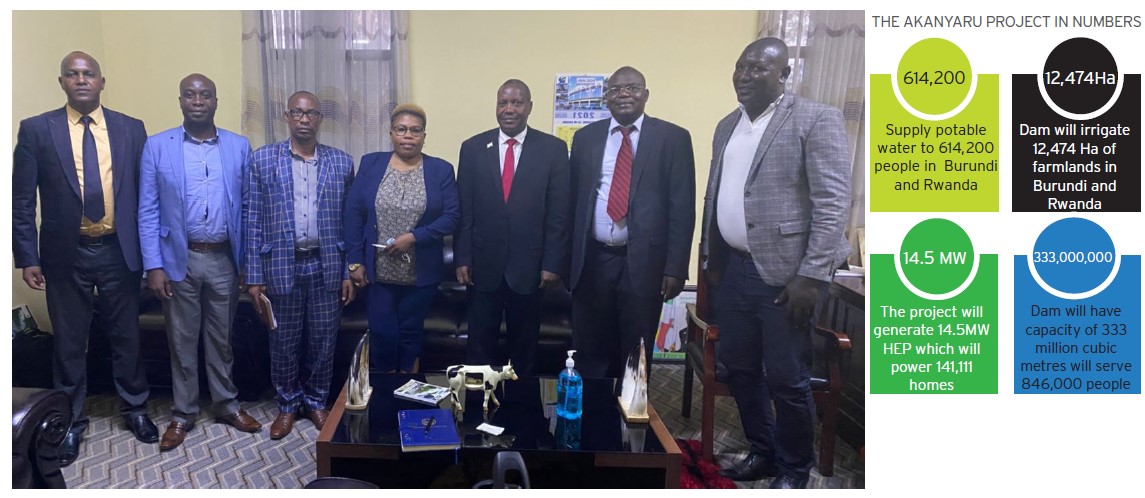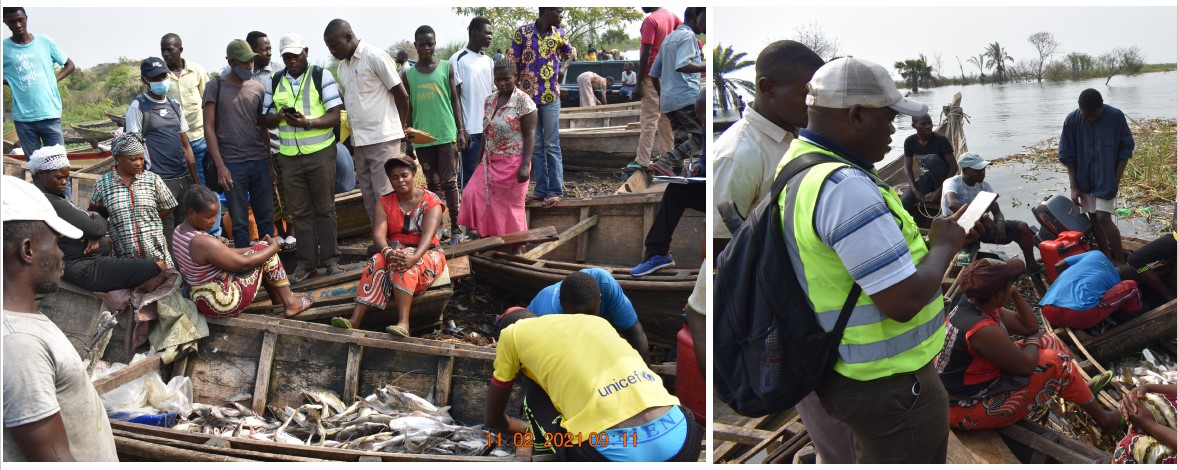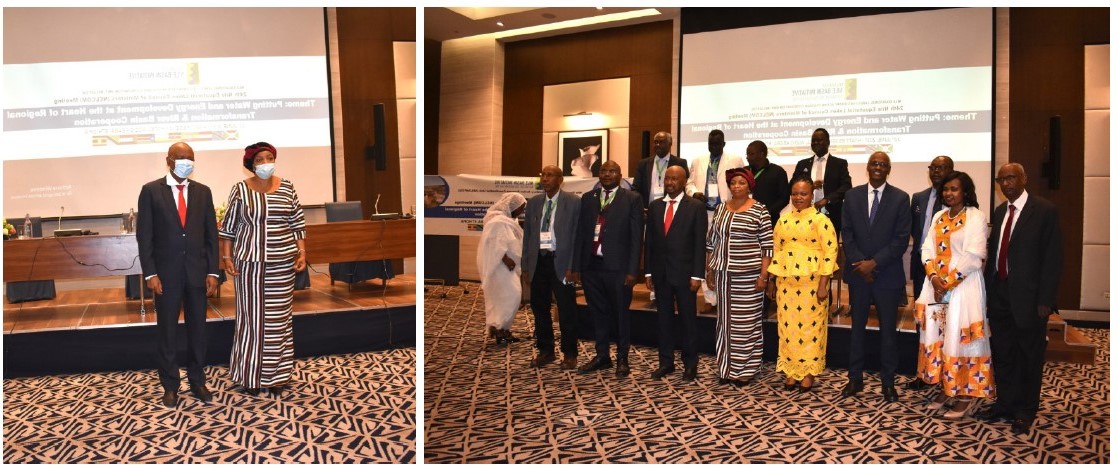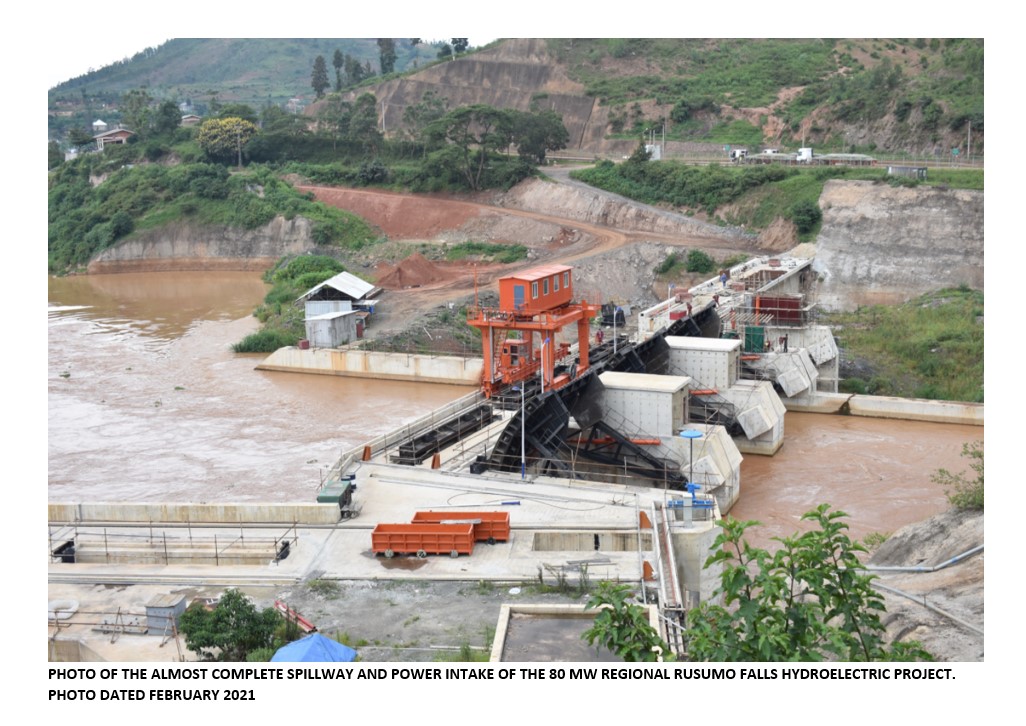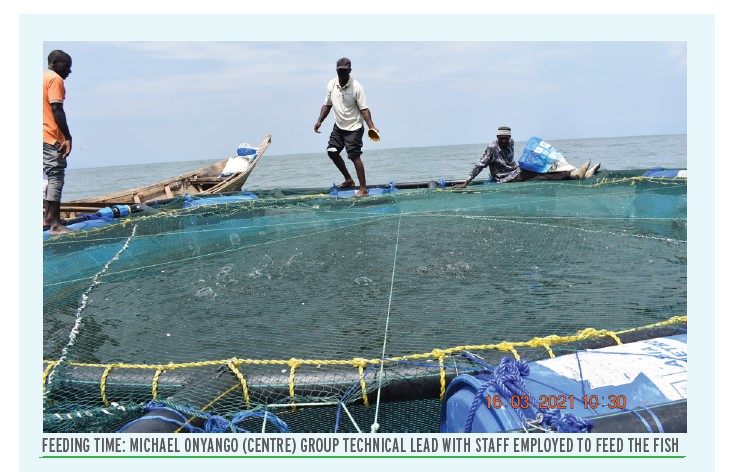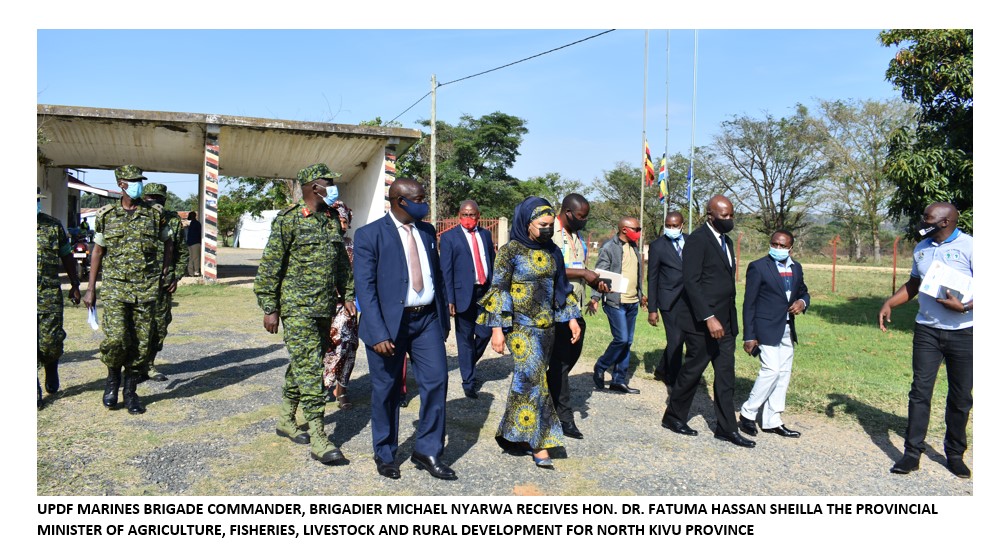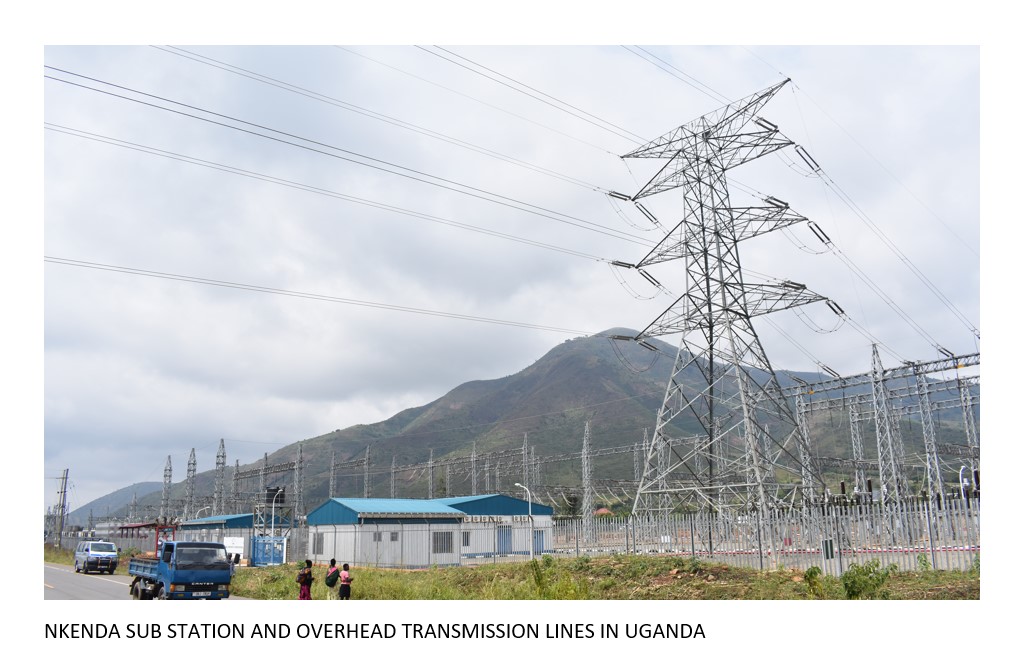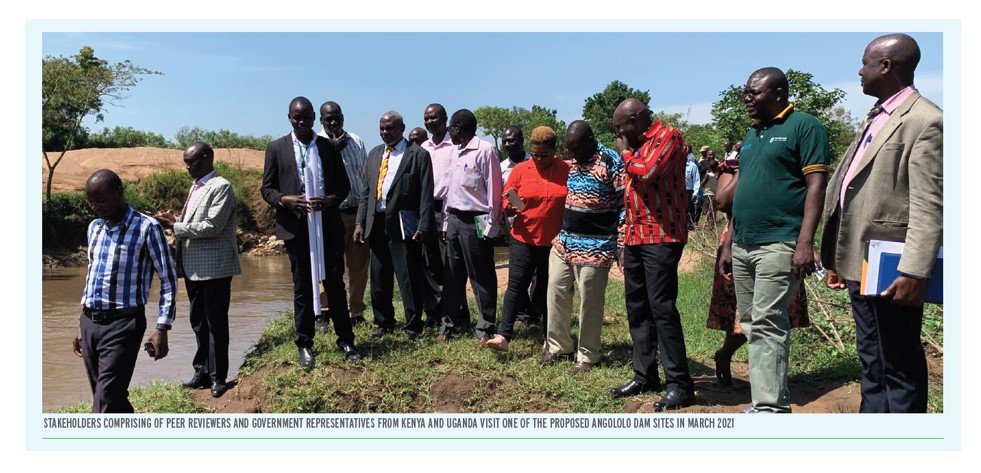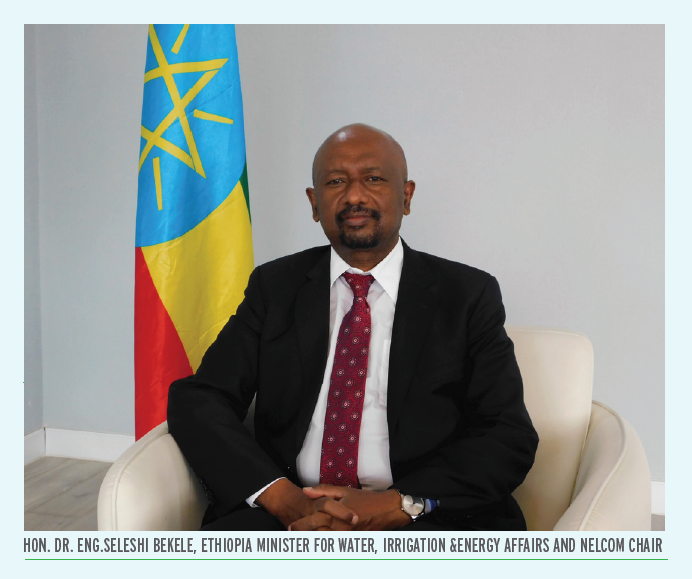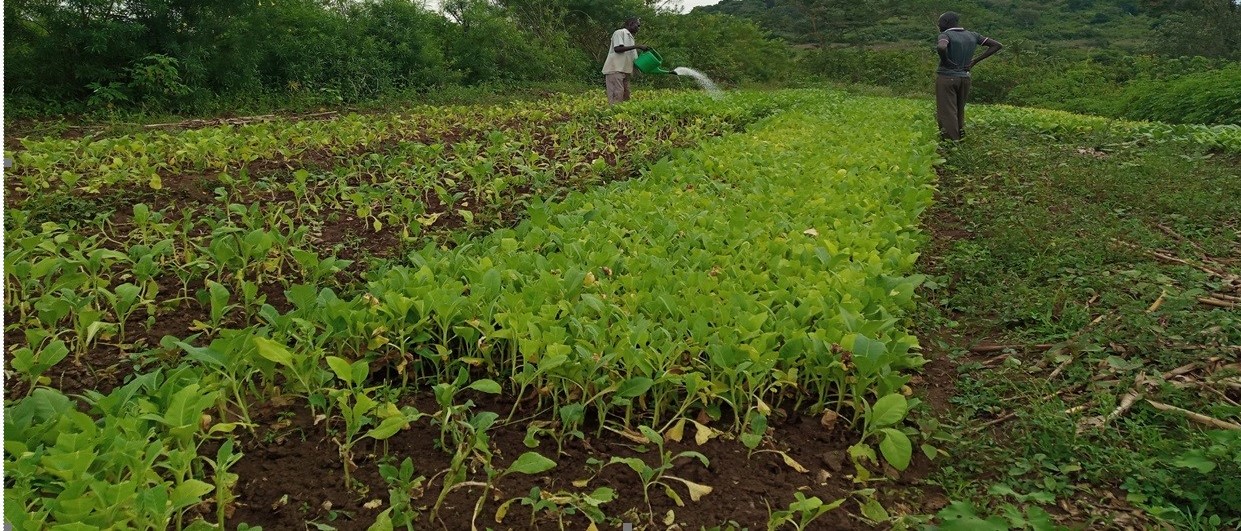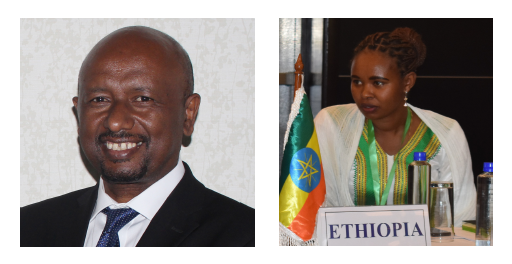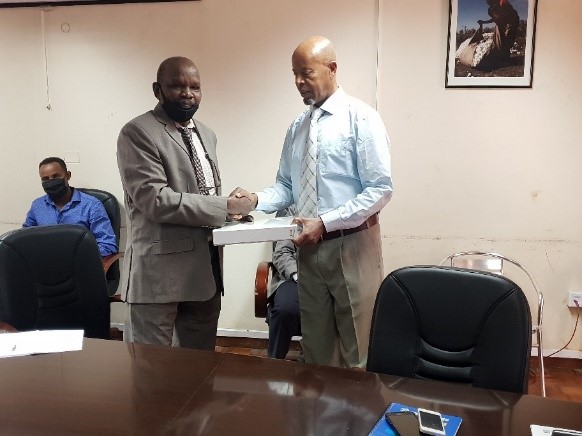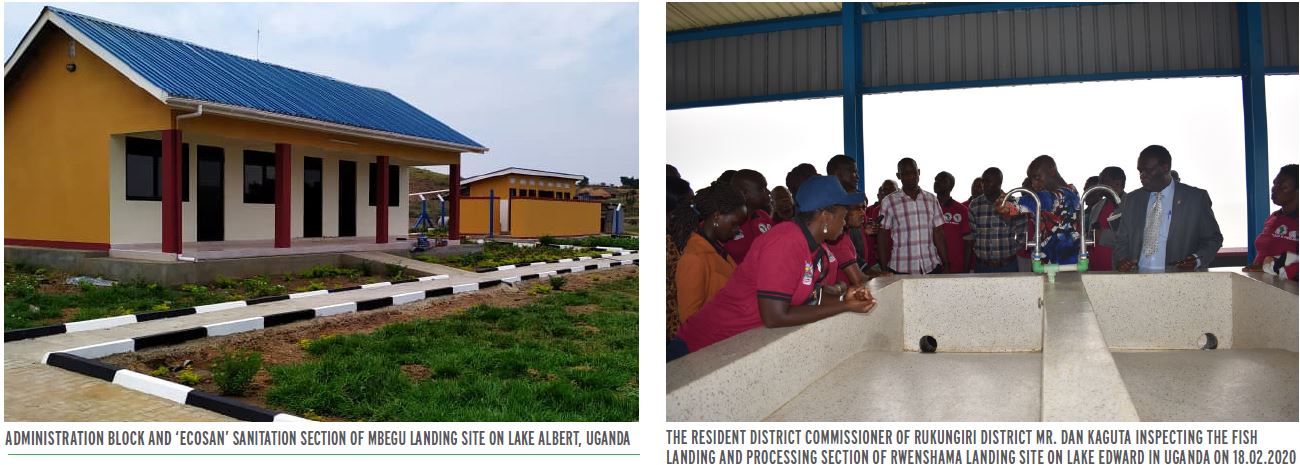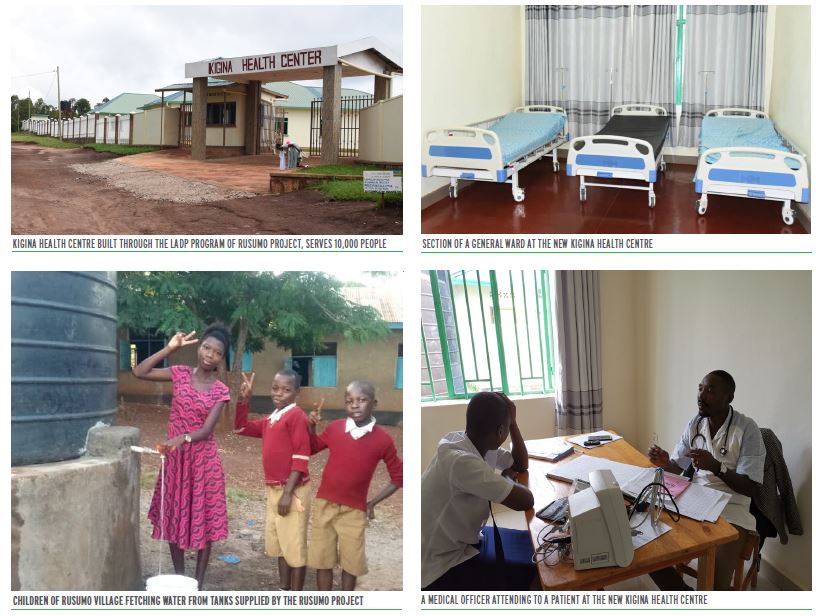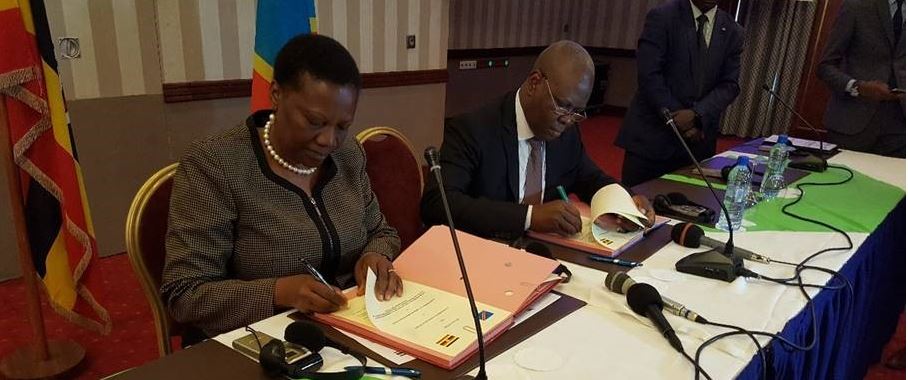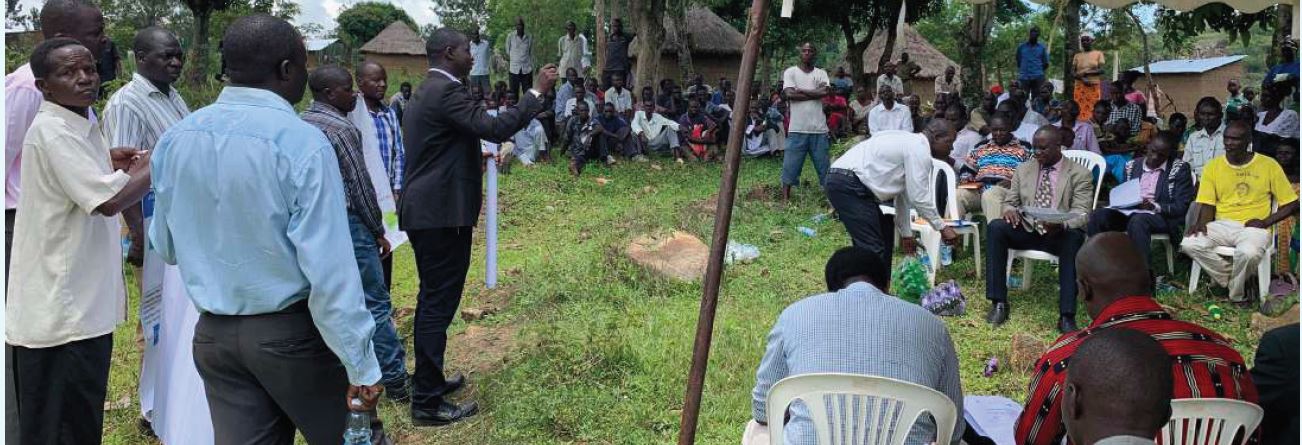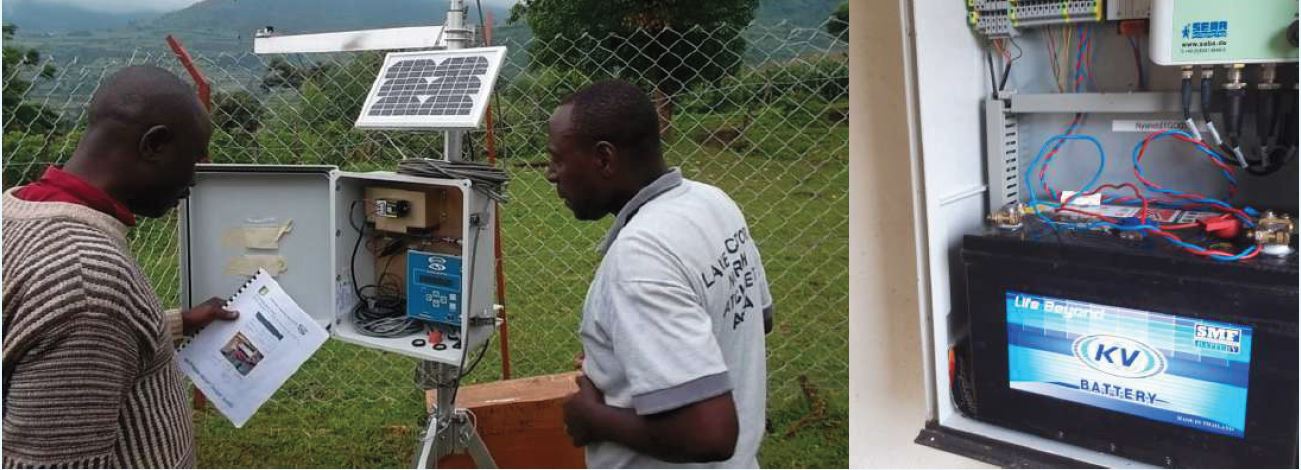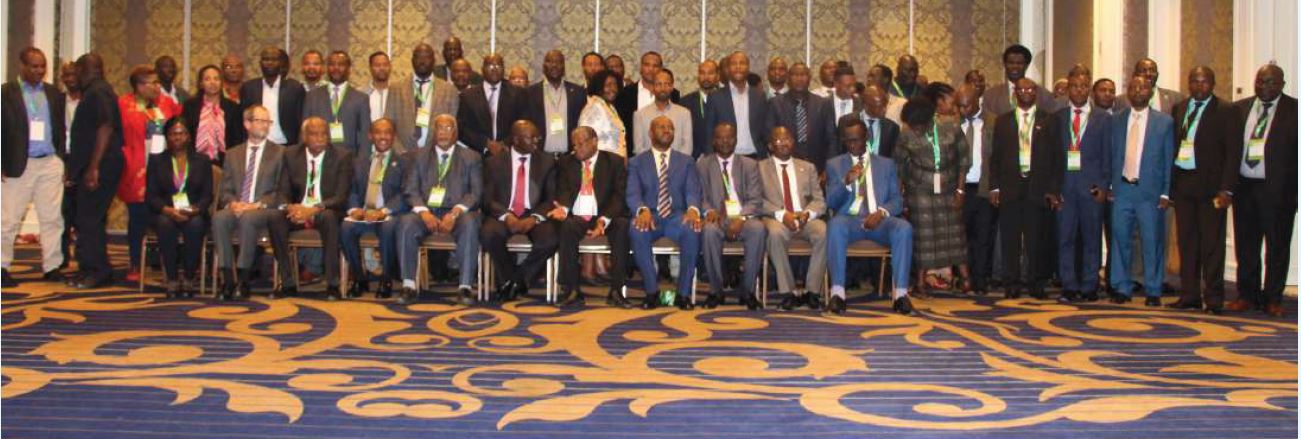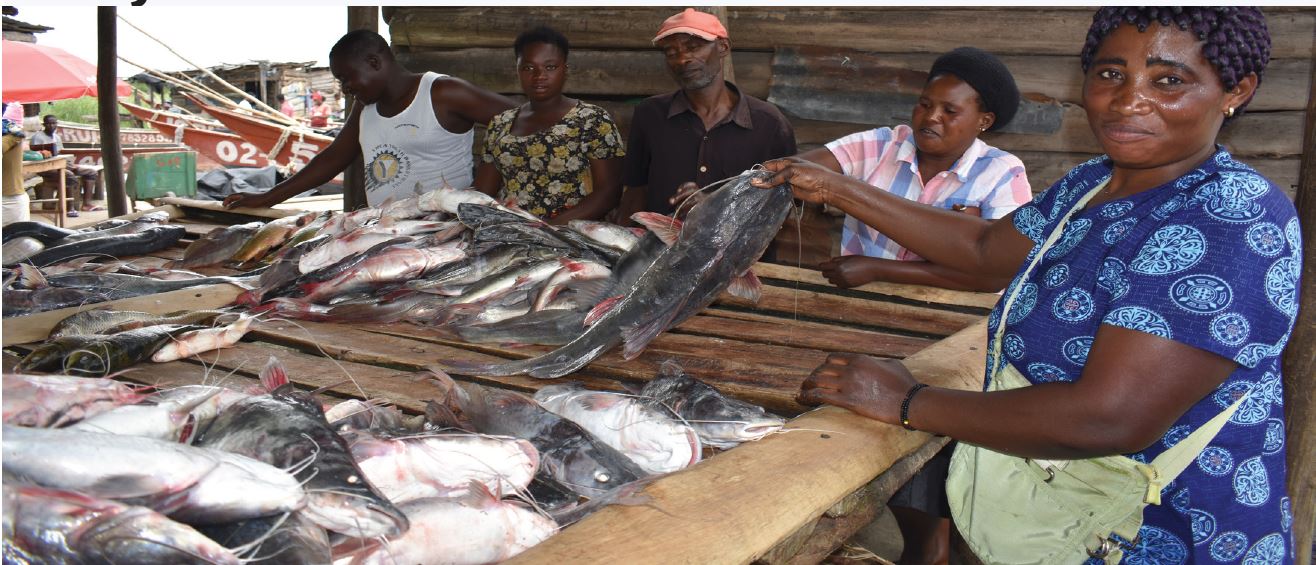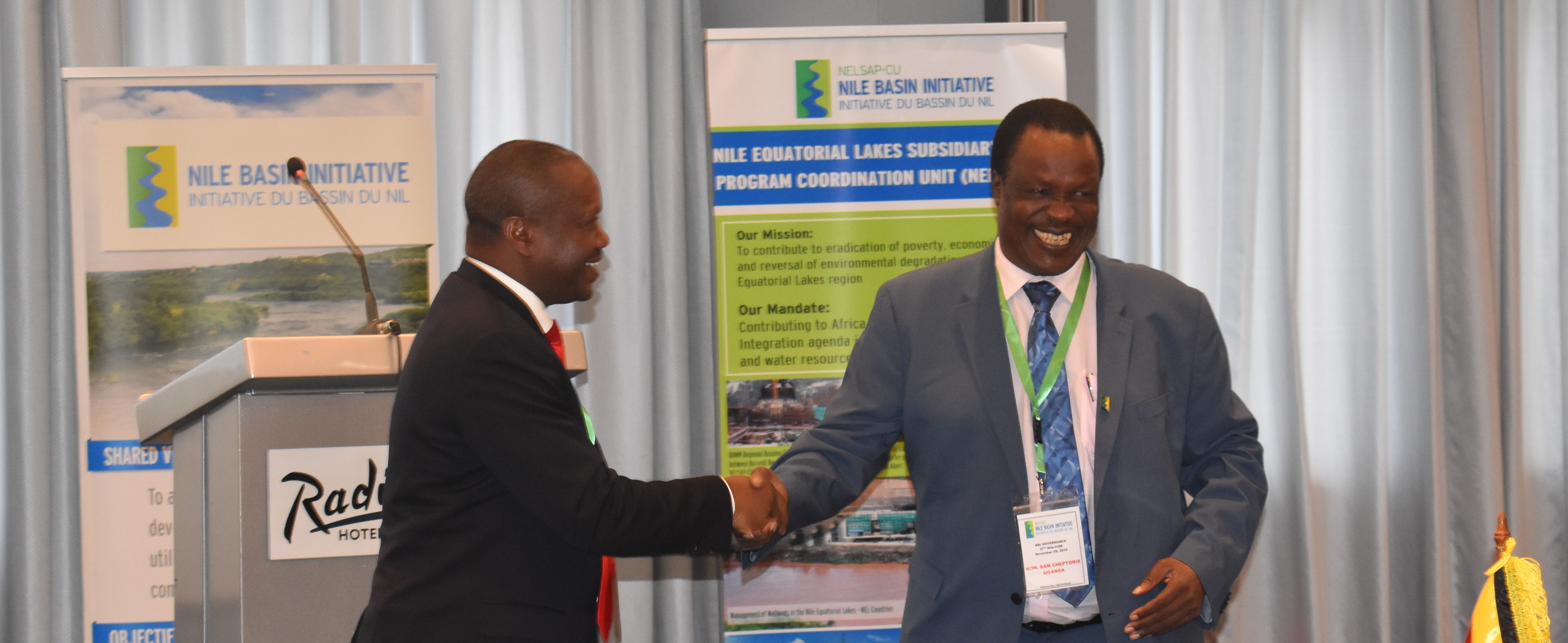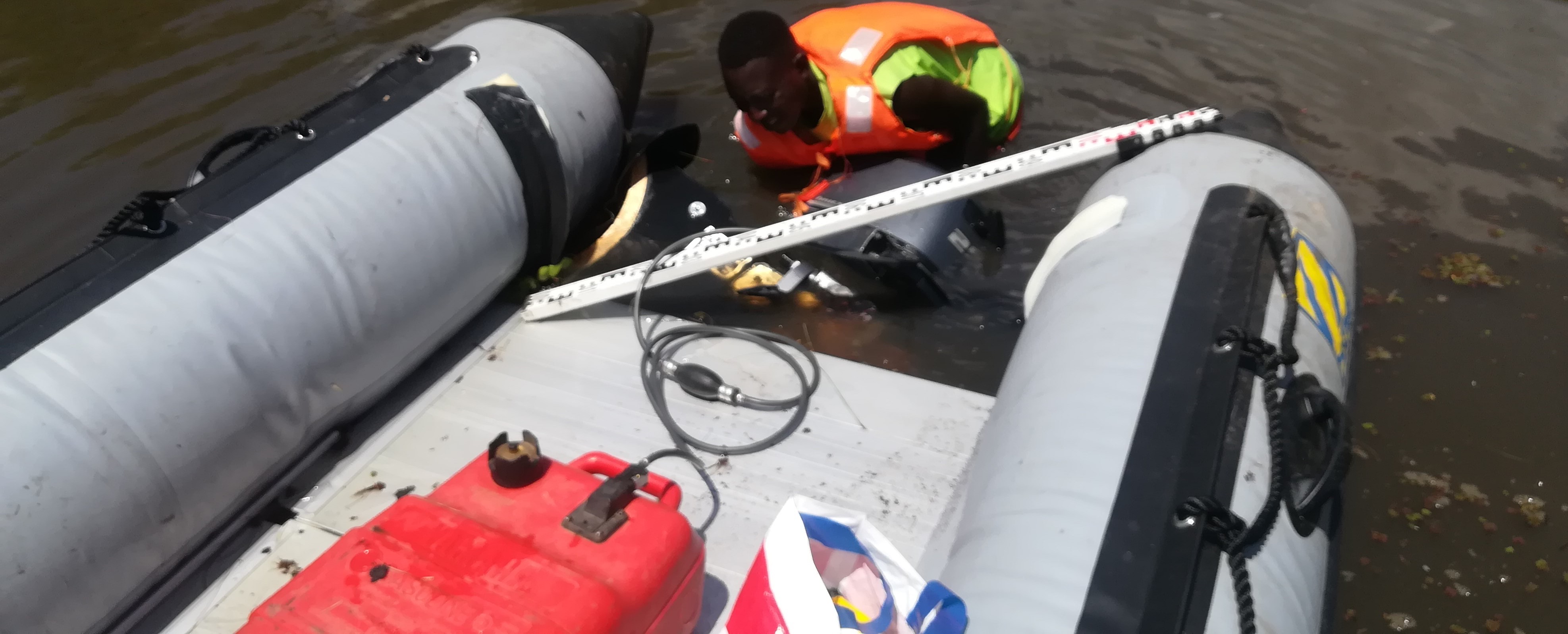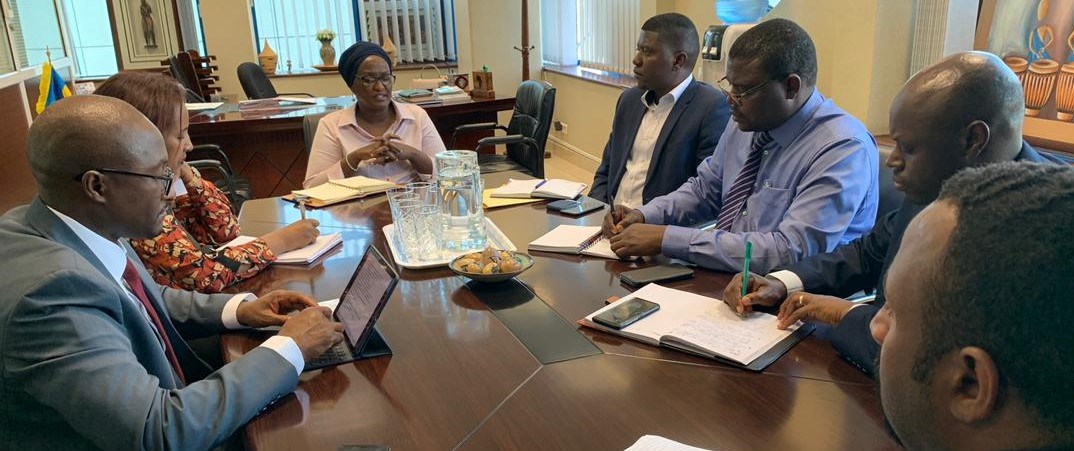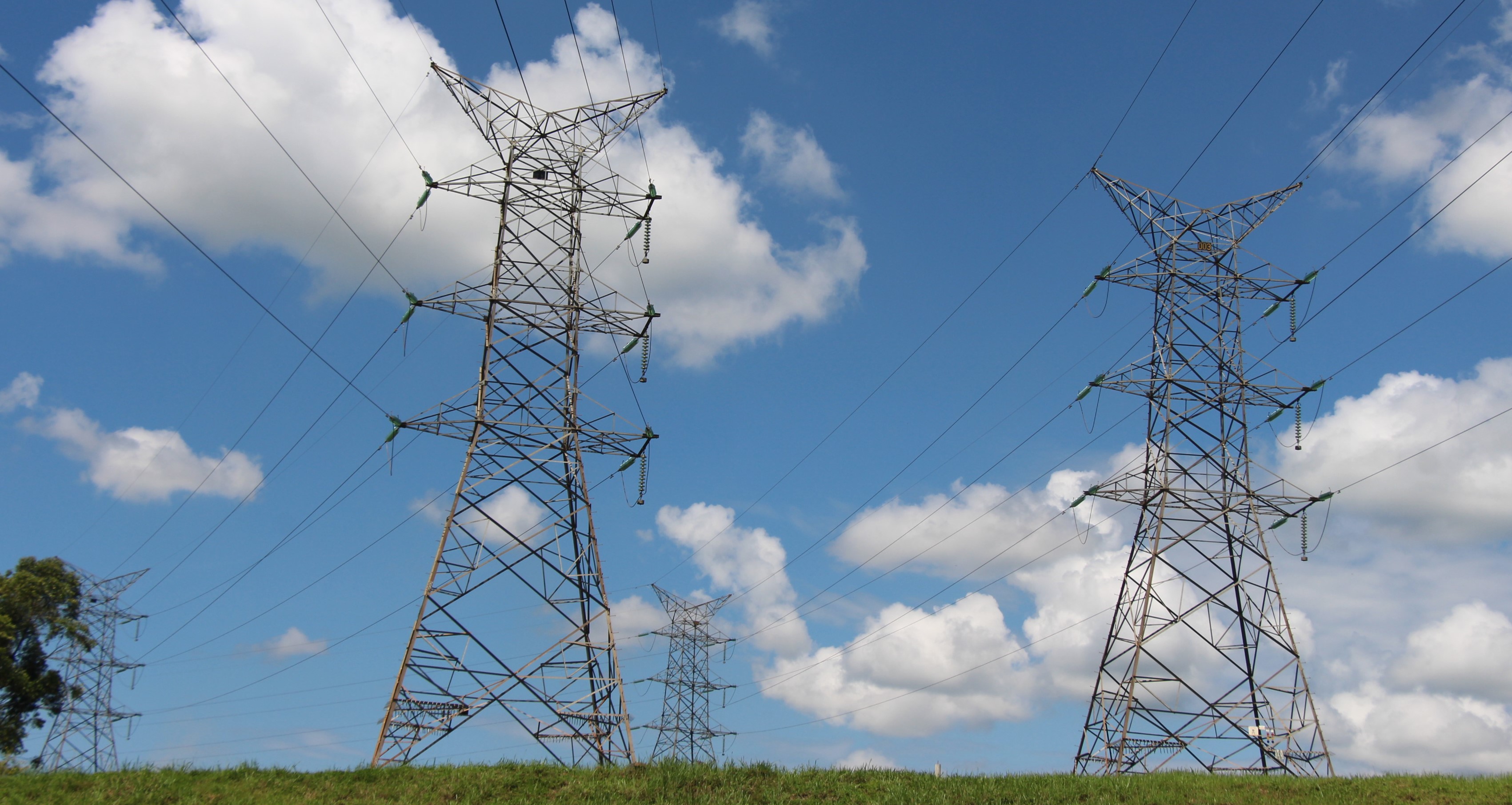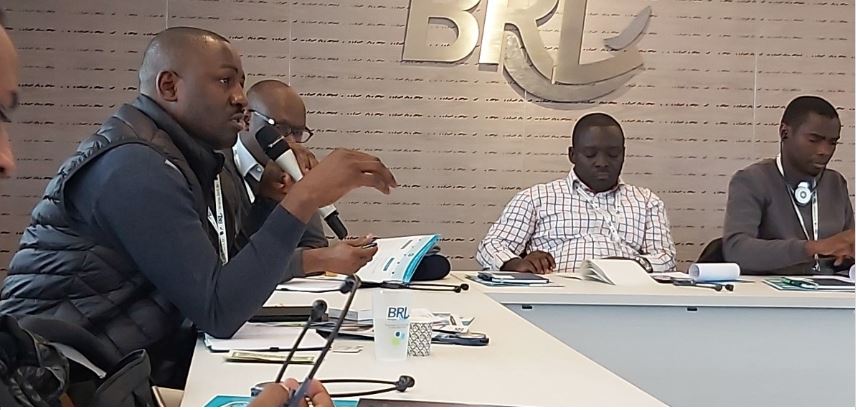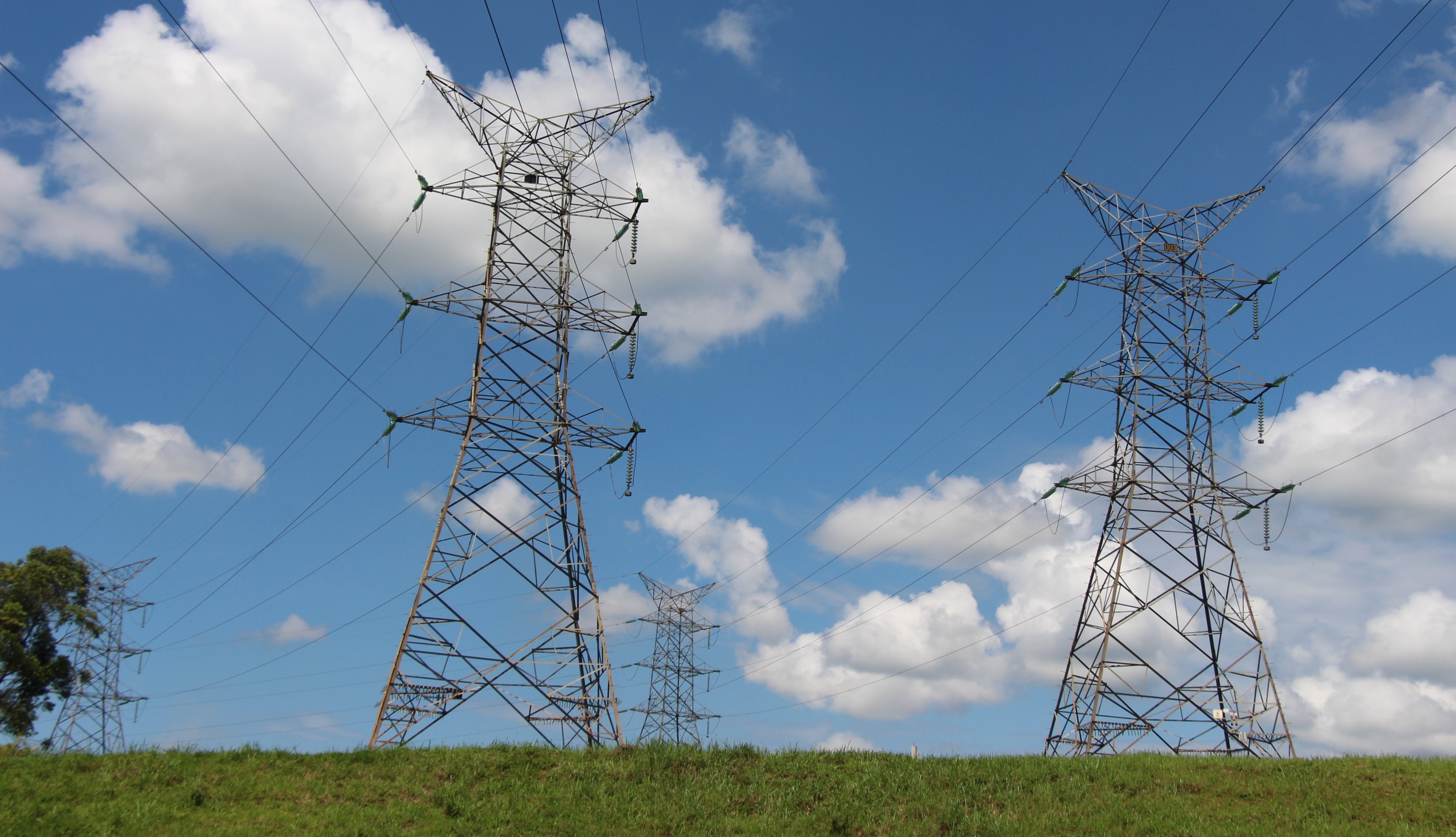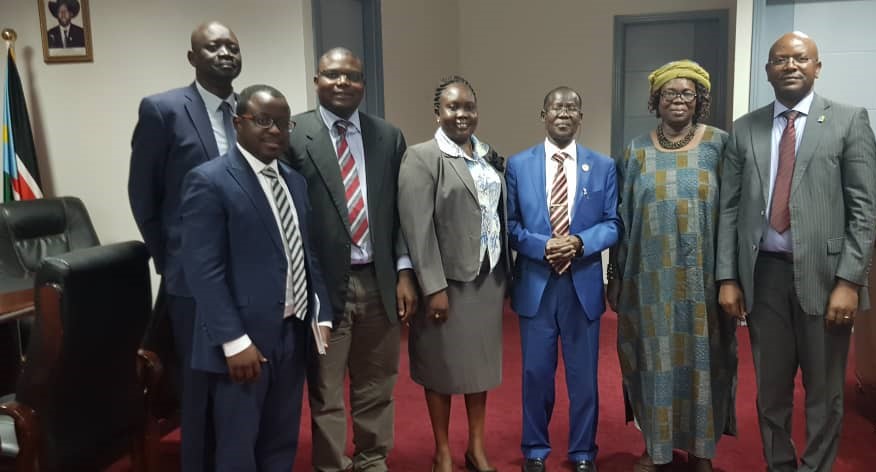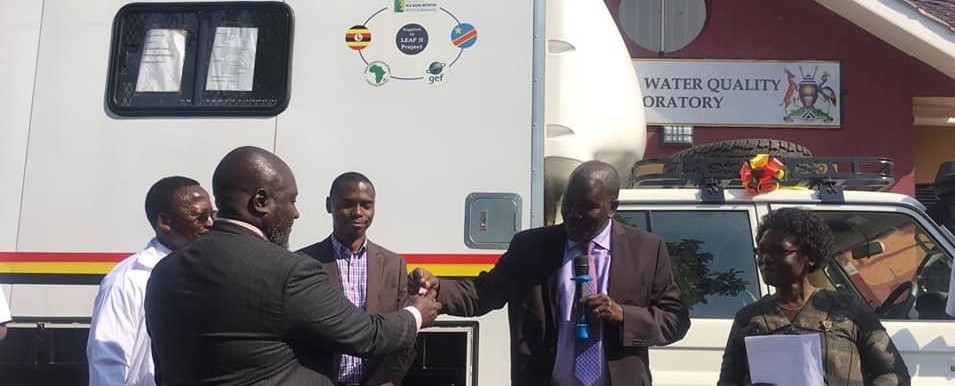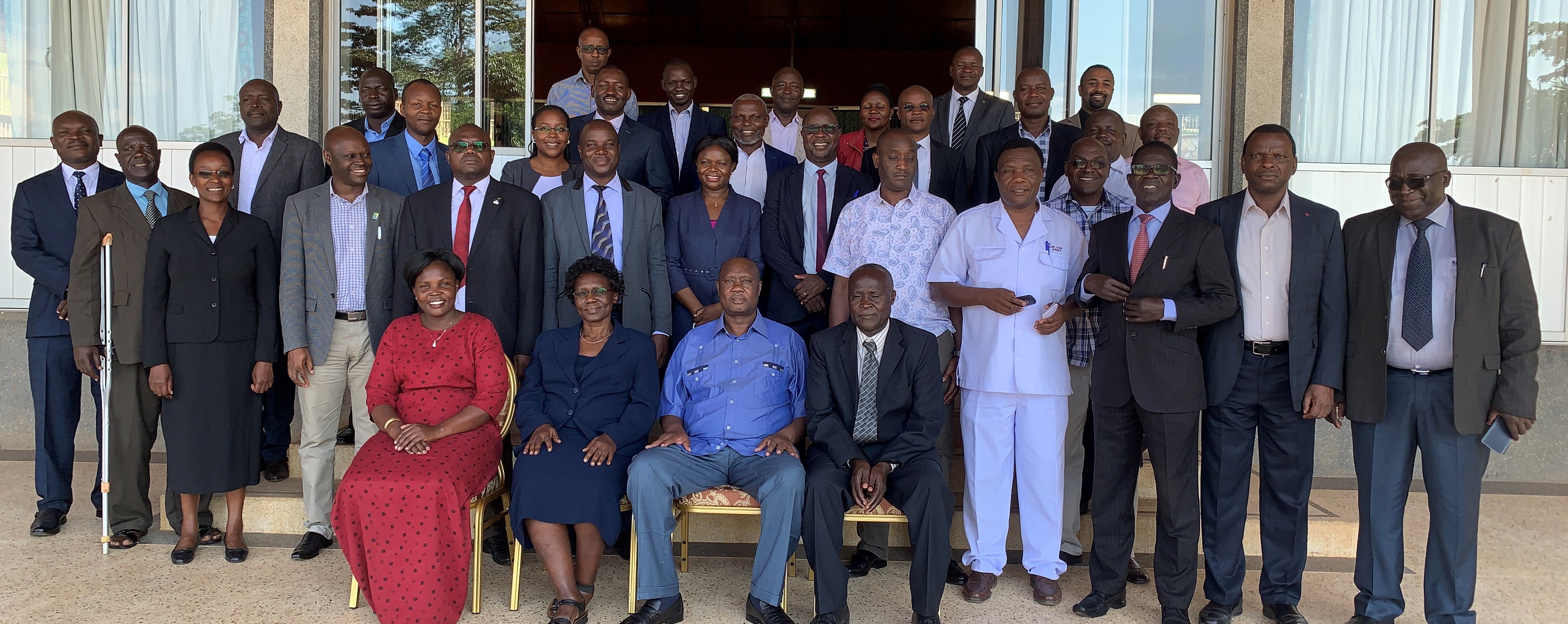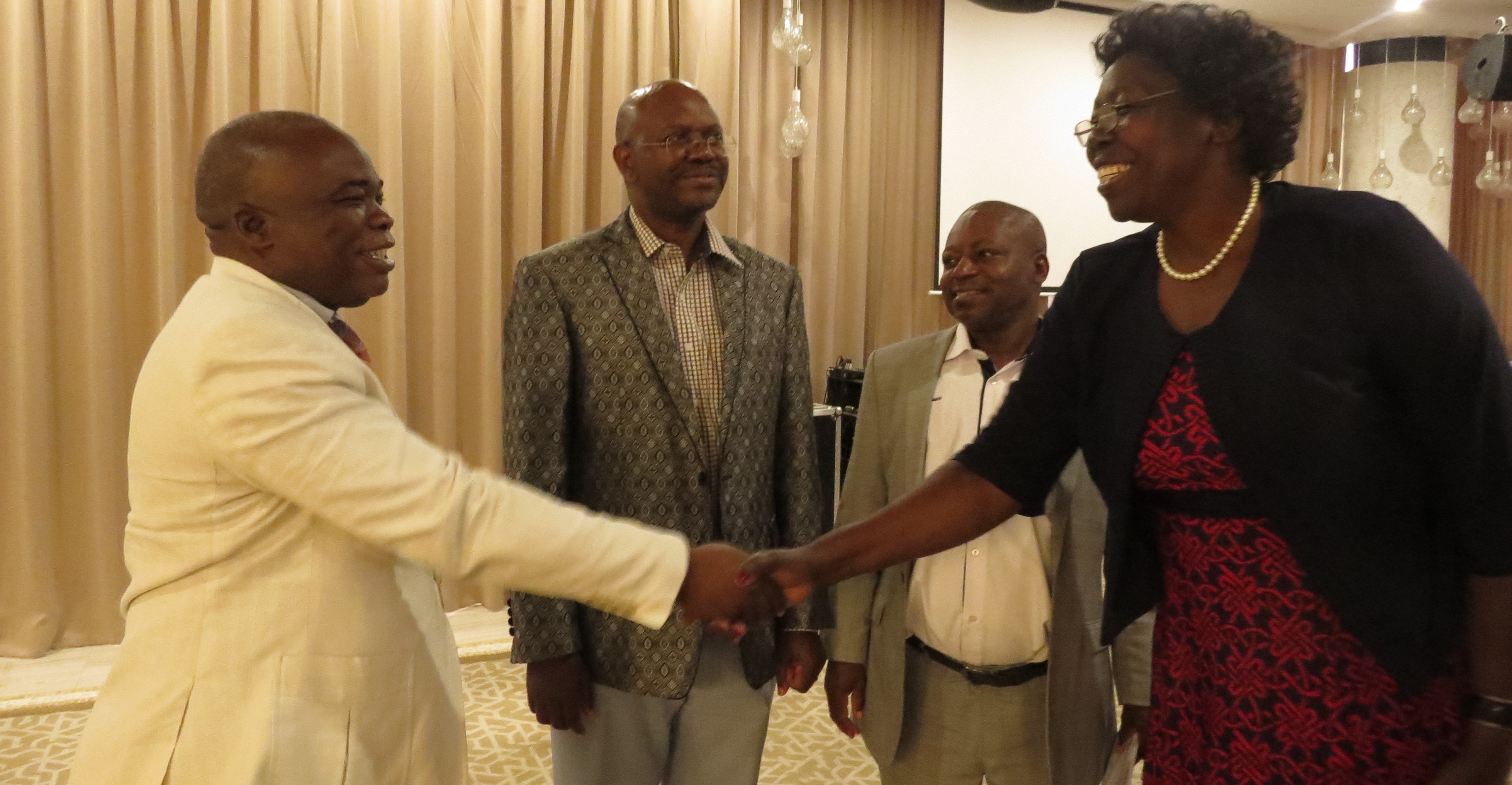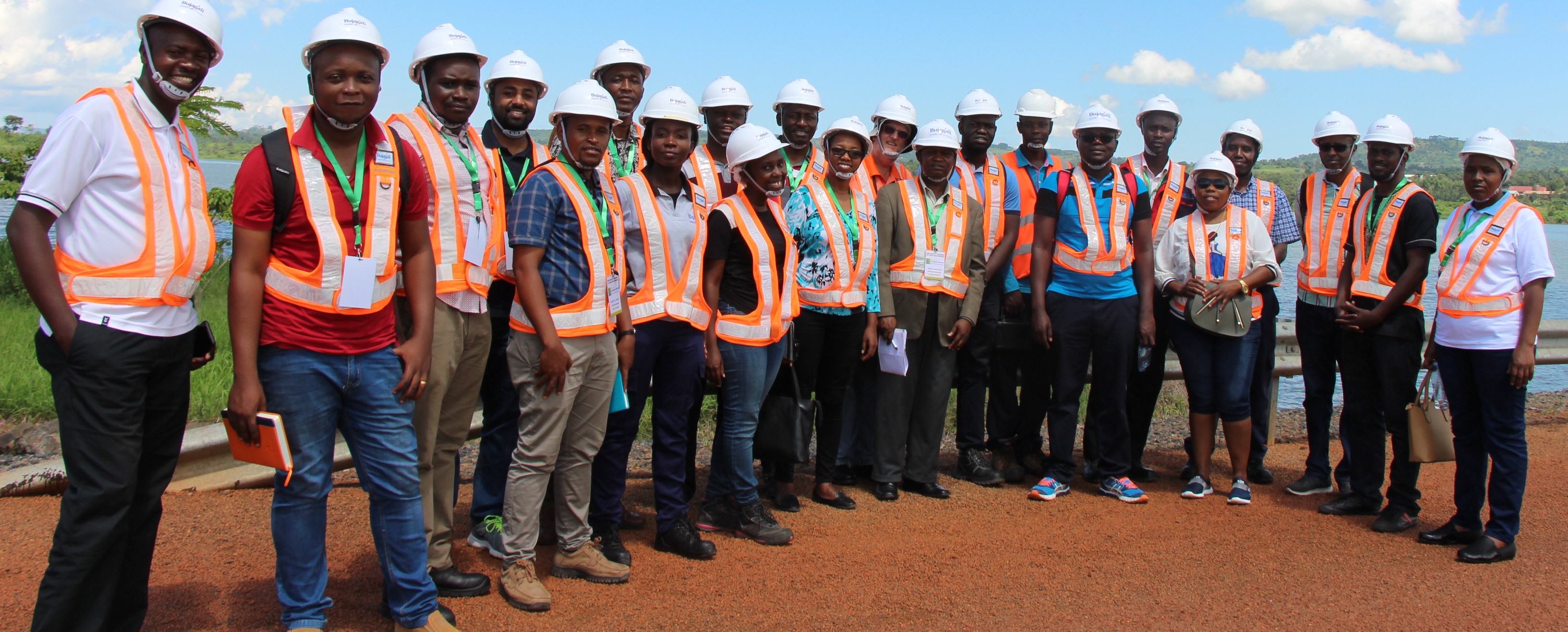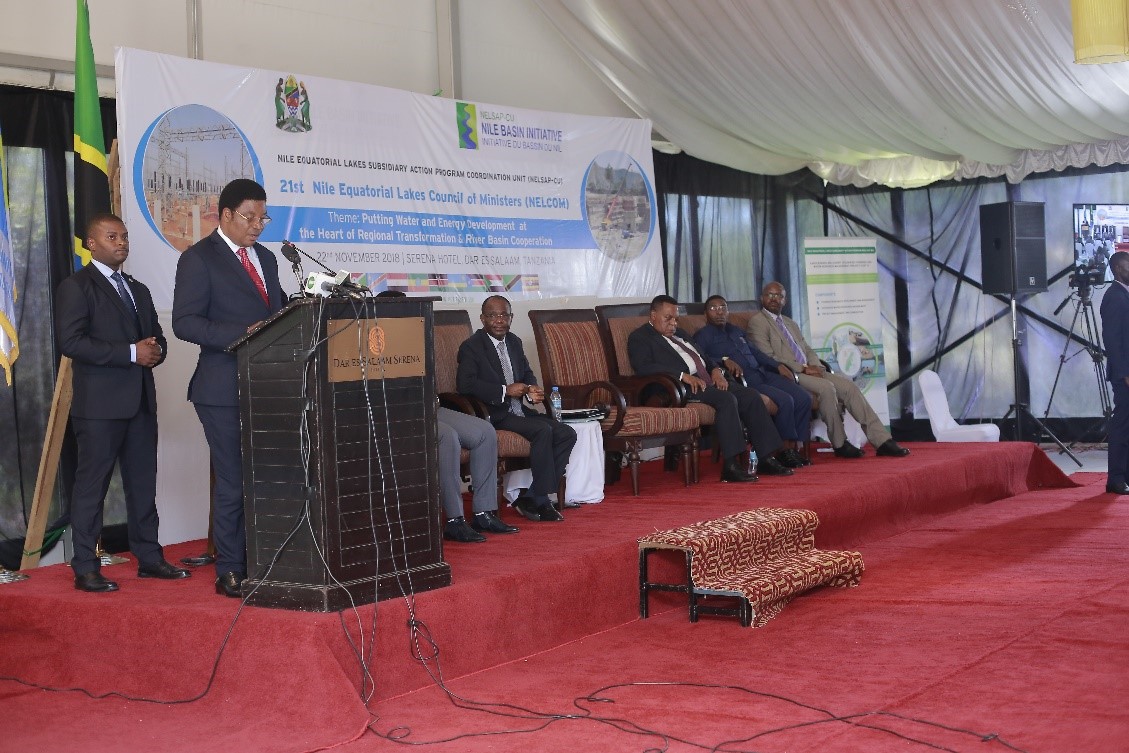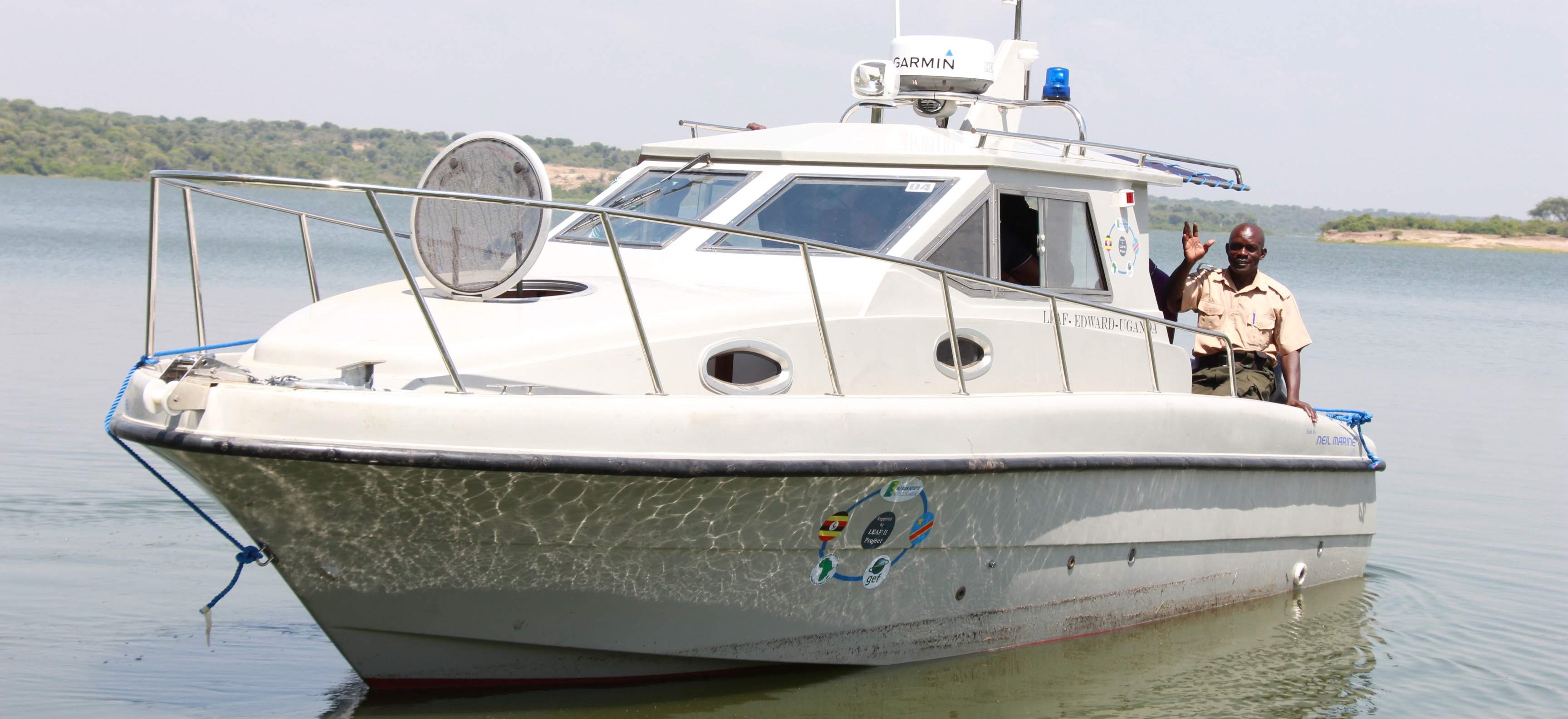NELSAP is one of two investment programmes under the Nile Basin Initiative. It promotes investments in power development and trade, River Basin Management and Development, Agricultural trade, productive and sustainable fisheries, and best practices in watershed management.
NELSAP projects engage countries and major stakeholders to fully consider trans-boundary environmental, social and climate change impacts, and gender issues. The NELSAP approach supports national programmes, expanding their coverage to achieve a regional perspective, and encourages the Nile Basin countries to work together to implement projects. NELSAP has demonstrated effectiveness in the preparation and coordination of complex multi-country regional projects.
The NELSAP mission is to contribute to the eradication of poverty, promote economic growth, and reverse environmental degradation in the Nile Equatorial Lakes Region. To achieve this mission, NELSAP oversees the implementation of jointly agreed projects and promotes cooperative inter-country and in-country investments related to the common use of the Nile Basin water resources. Investments include power development, trade, and water resources management.
NELSAP has two sub-programmes:
- Water Resources Management and Development
- Power Development and Trade
Through these two programmes, a total of USD 6.3 billion worth of investment projects have been identified and are in different stages of preparation or implementation.
The Water Resources Management and Development sub-programme aims to bring regional benefits and cooperation through improved management of the sub-basins in the Nile Equatorial Lakes region. Interventions include irrigation infrastructure development, improved upper watershed management, and fisheries management.
The Power Development and Trade sub-programme provides for investment in a coherent and coordinated regional electric power grid. In coordination with the East African Power Pool, NELSAP is supporting the Member Countries in enhancing power production and trade through hydropower and transmission line development.

